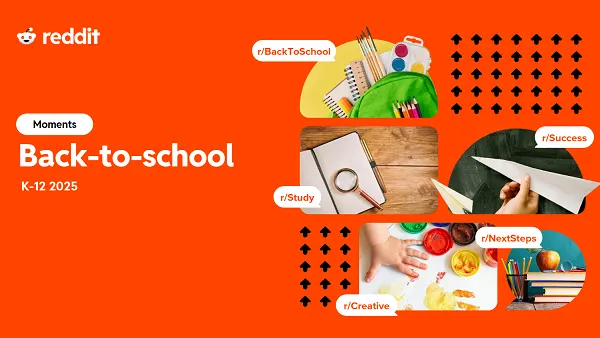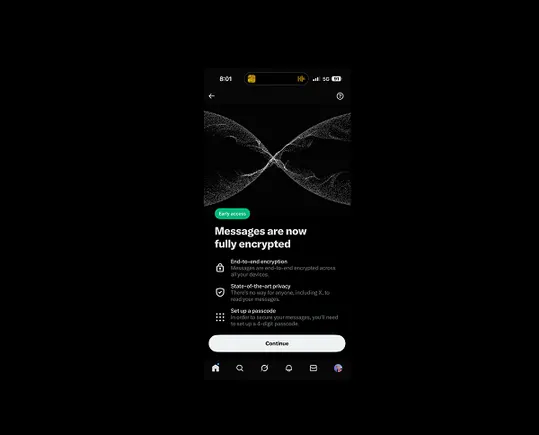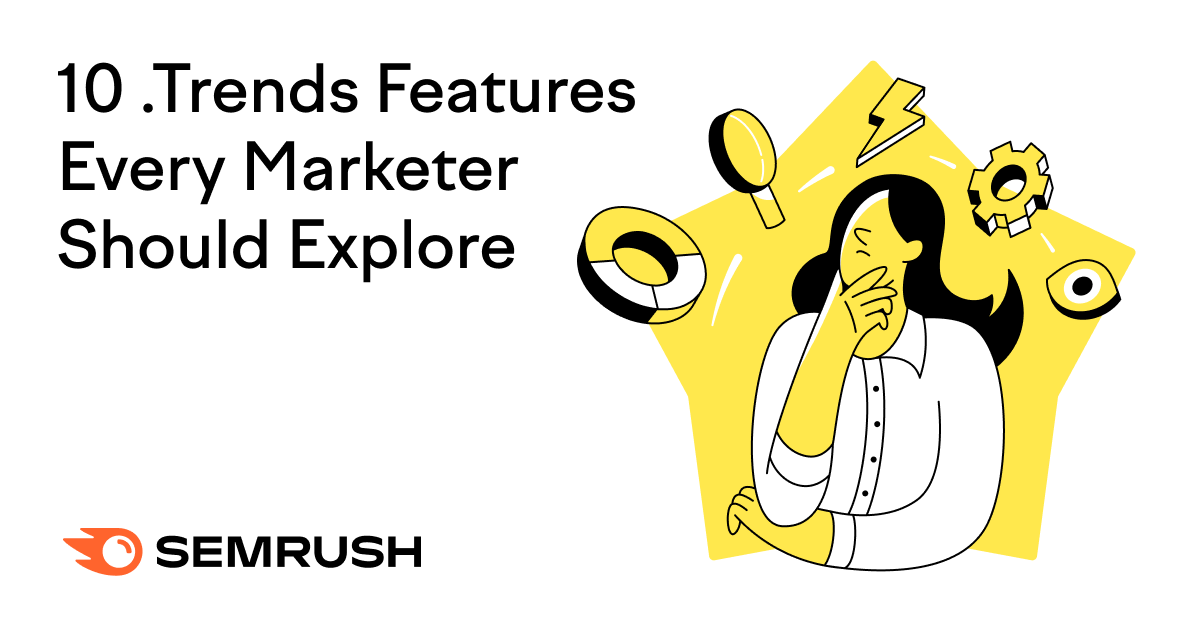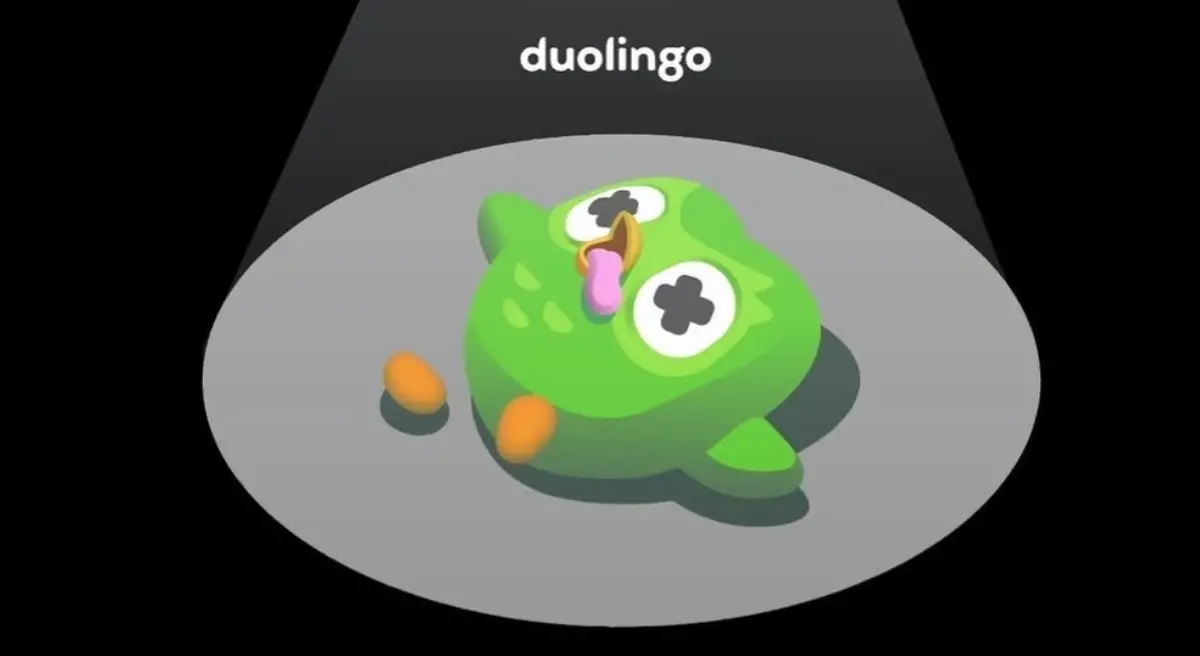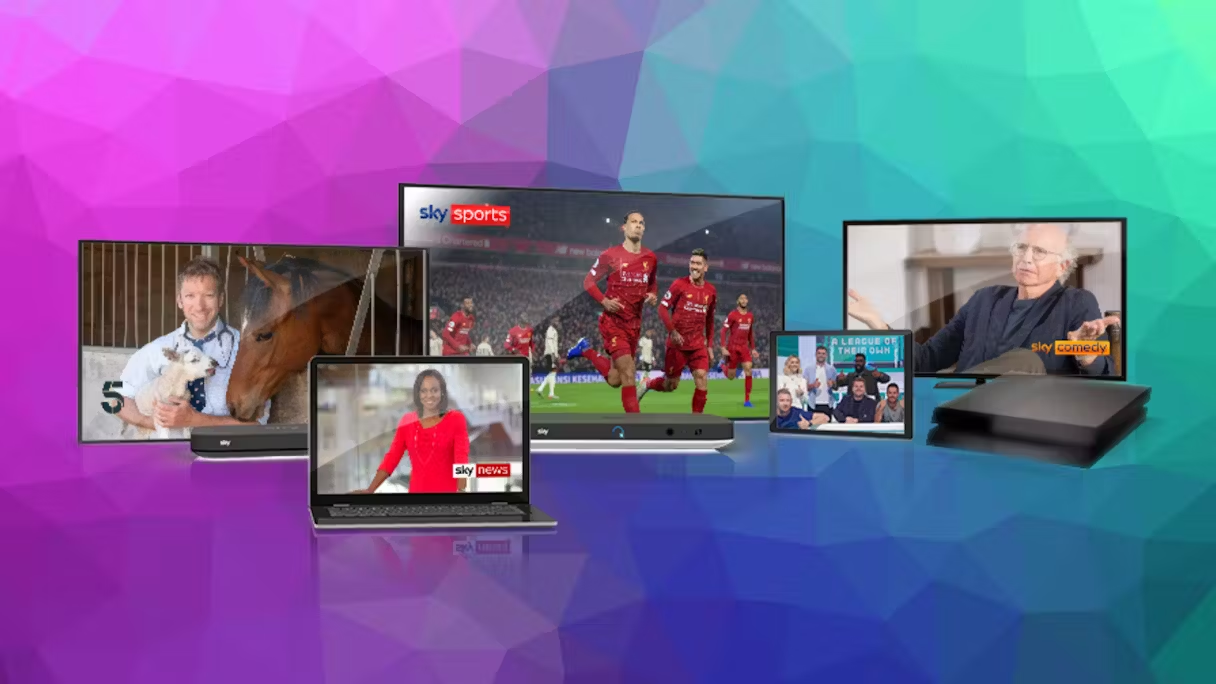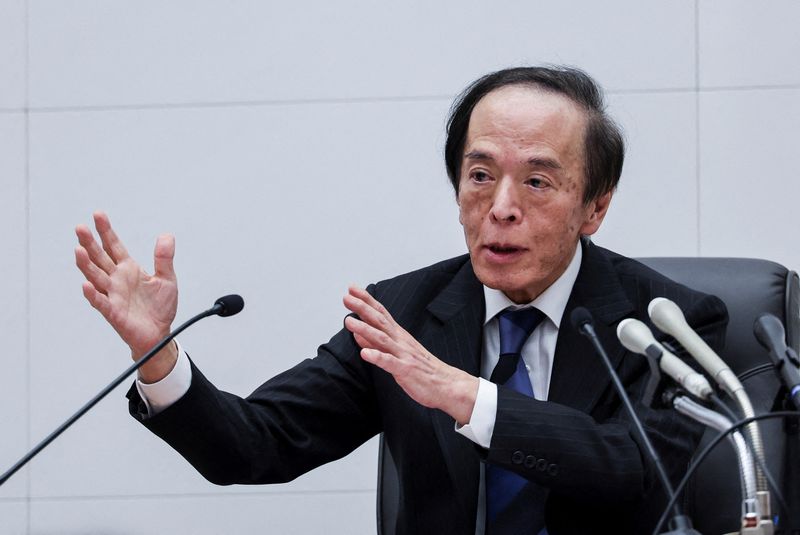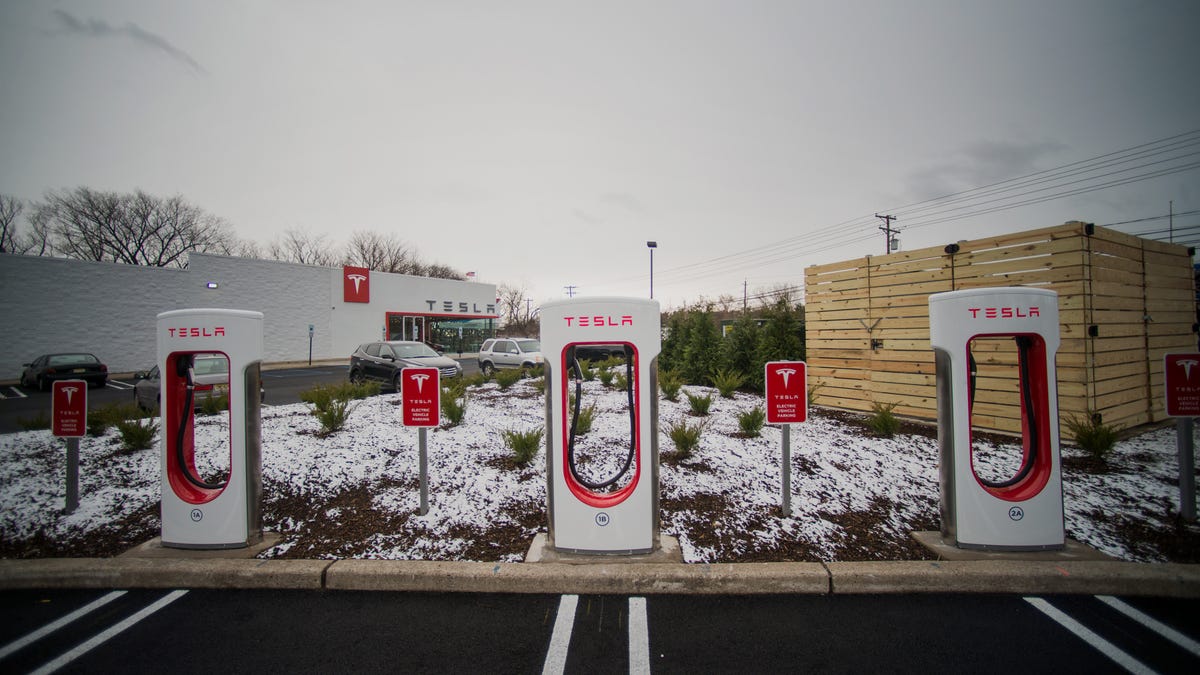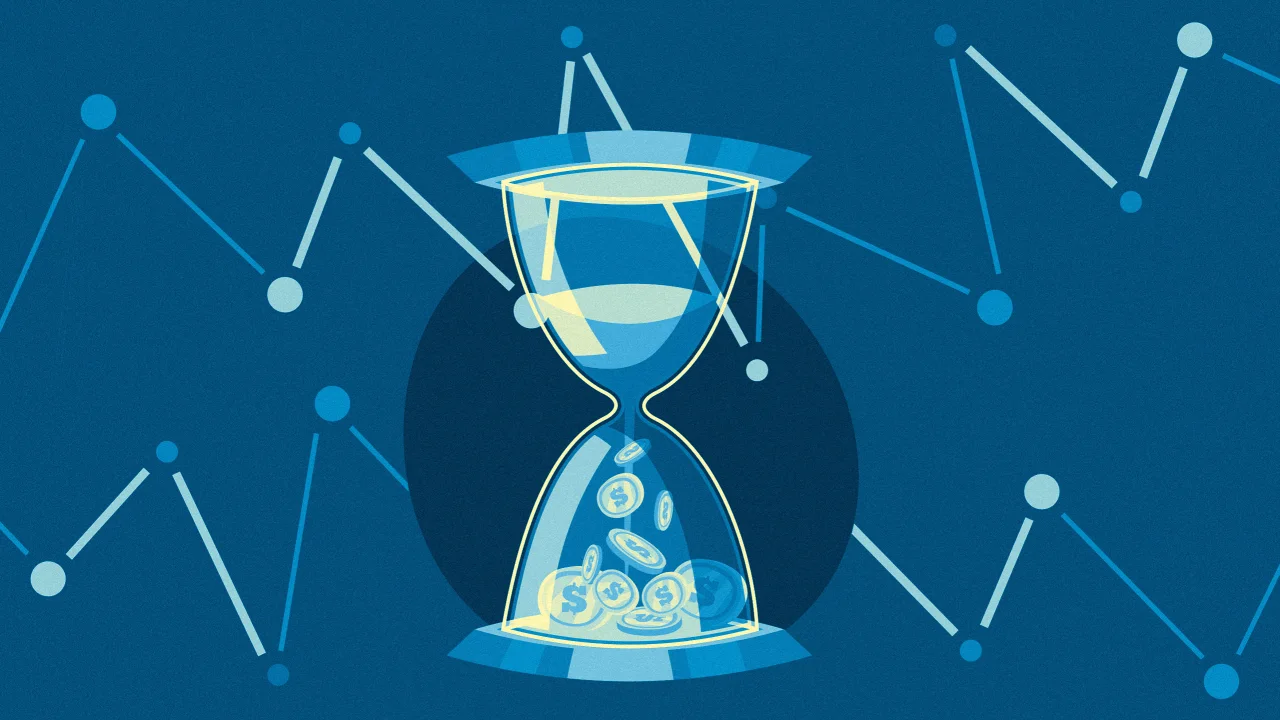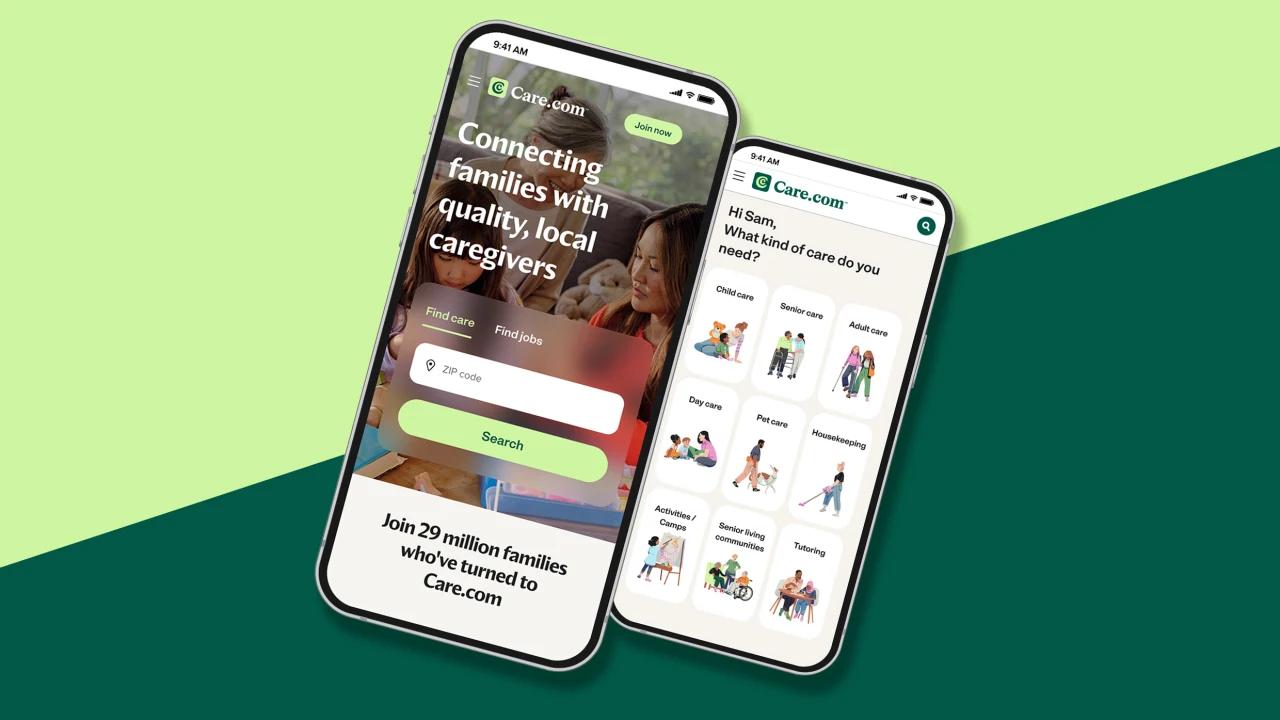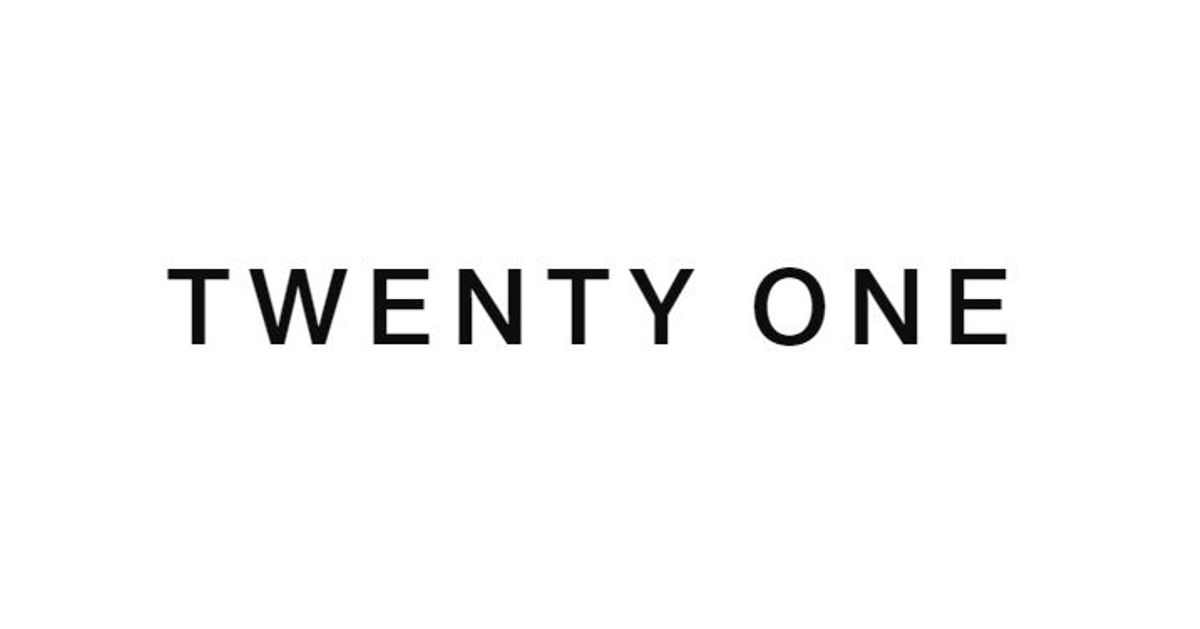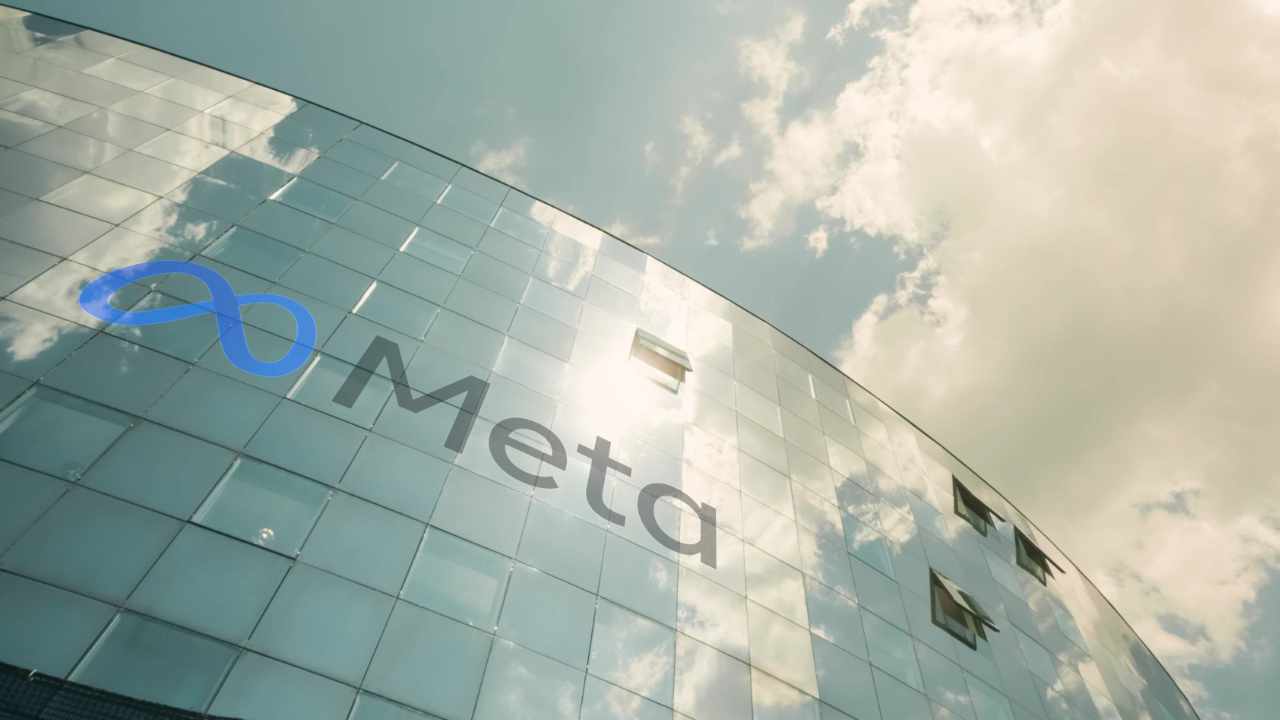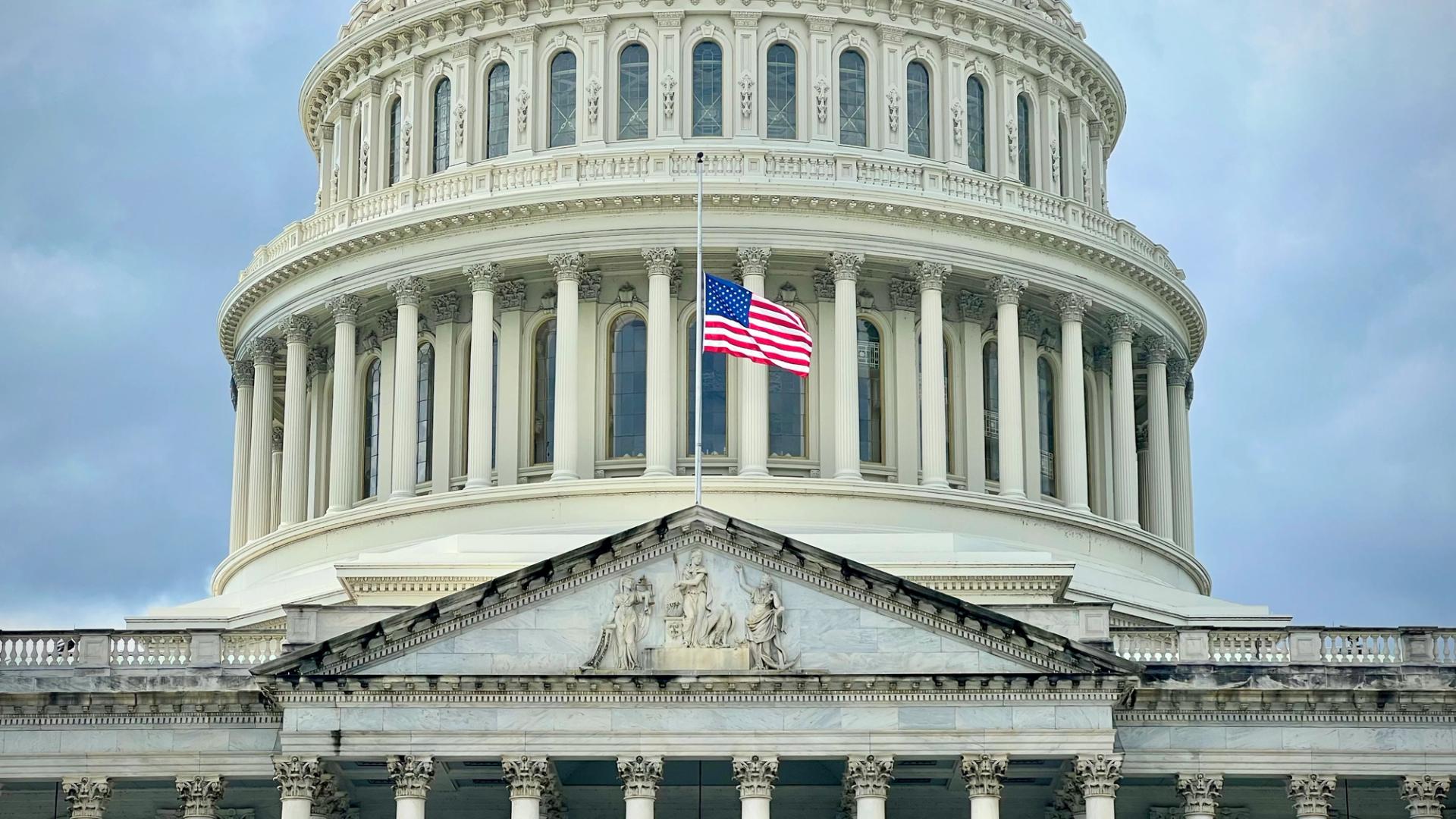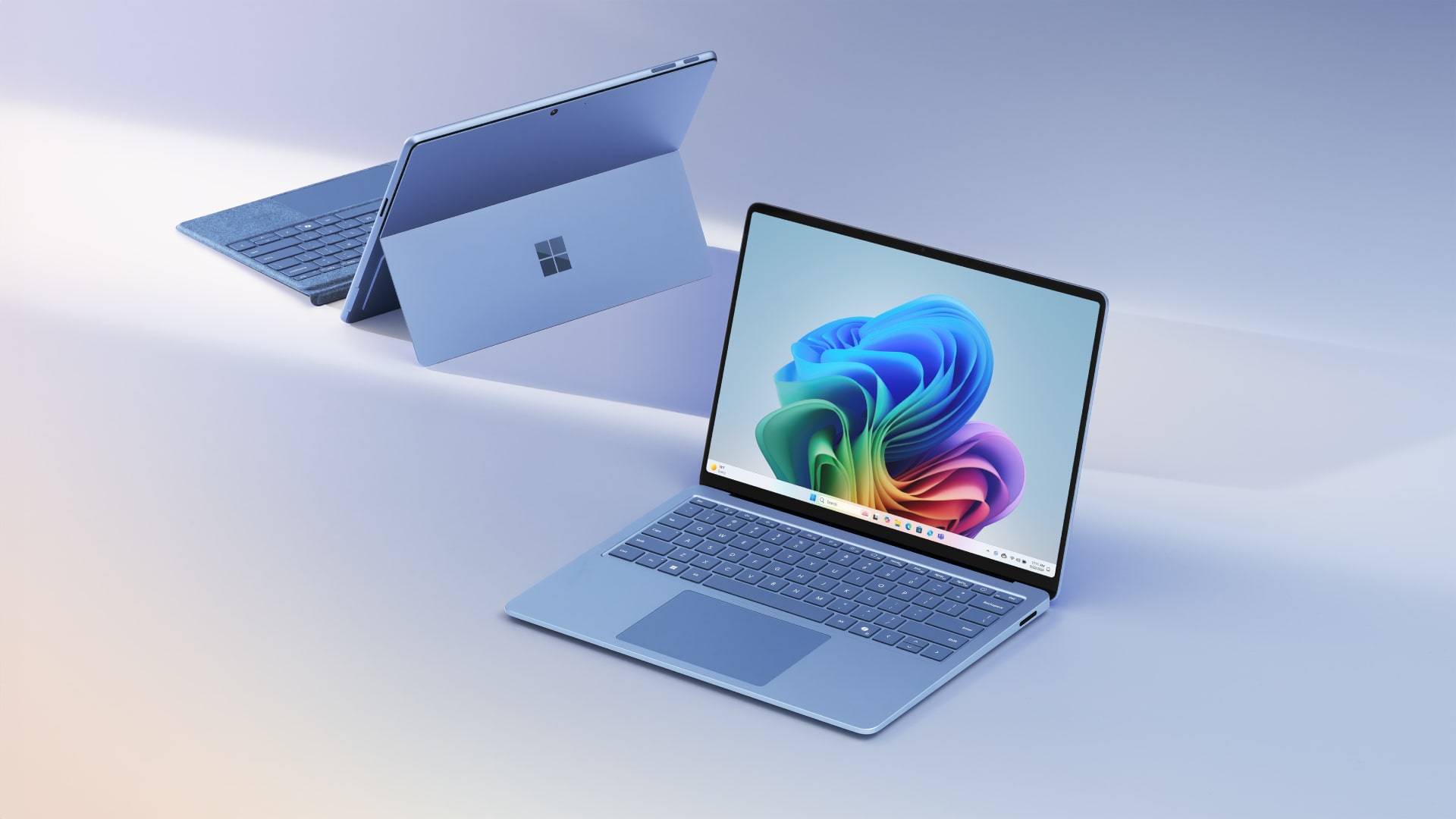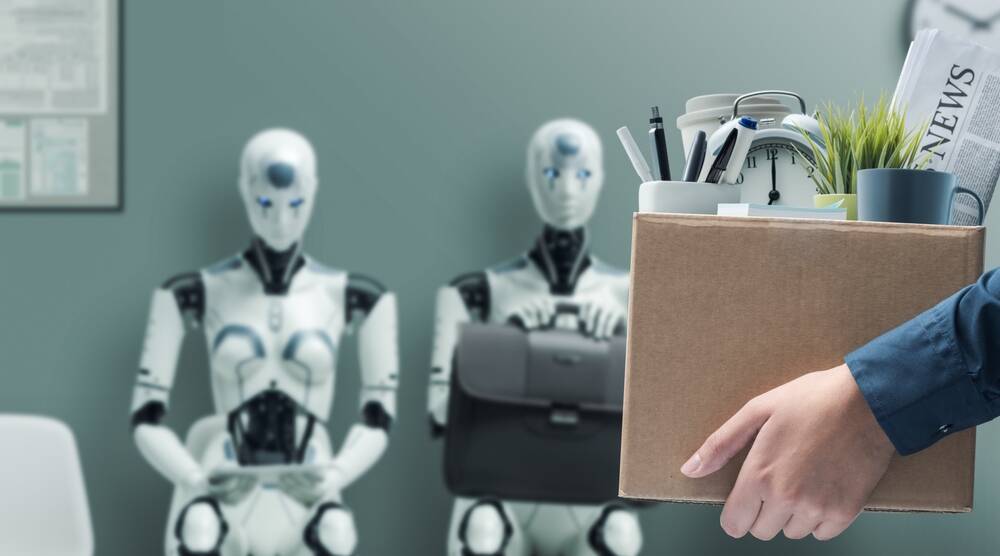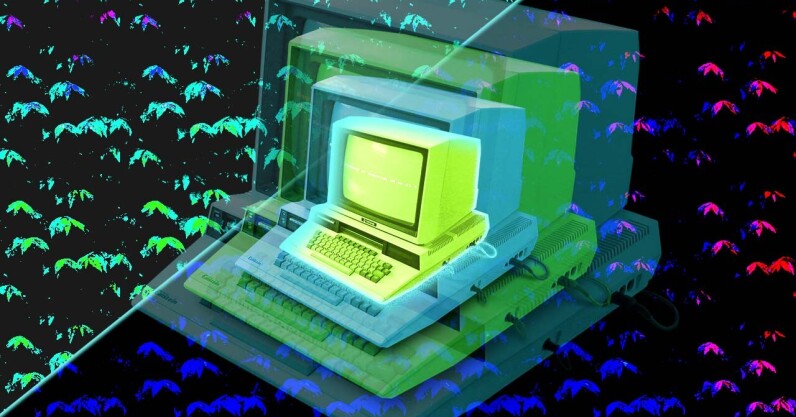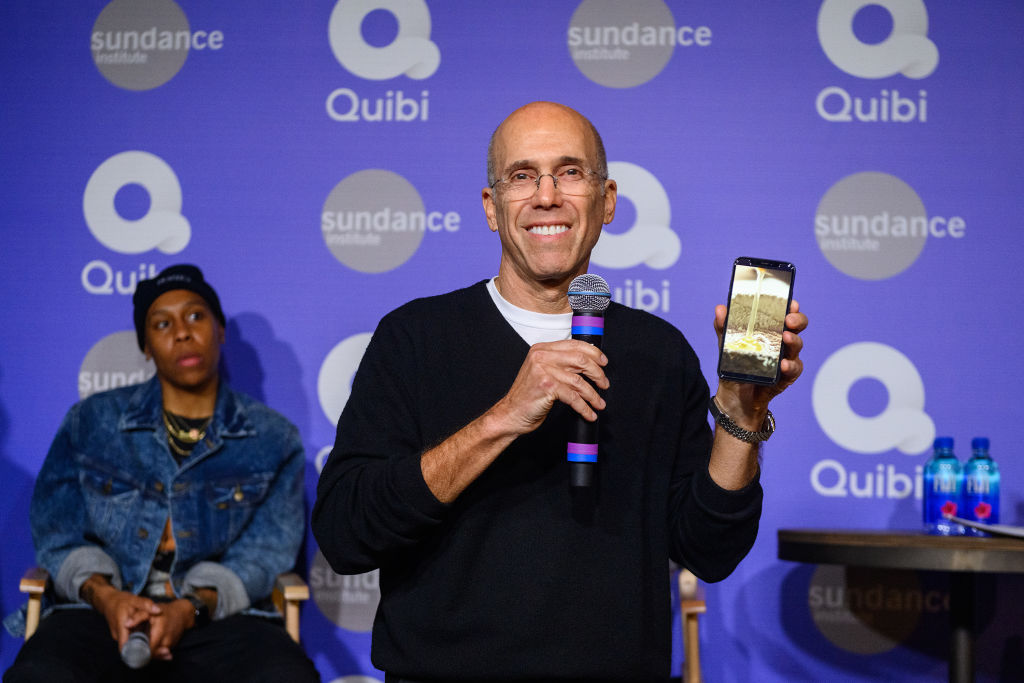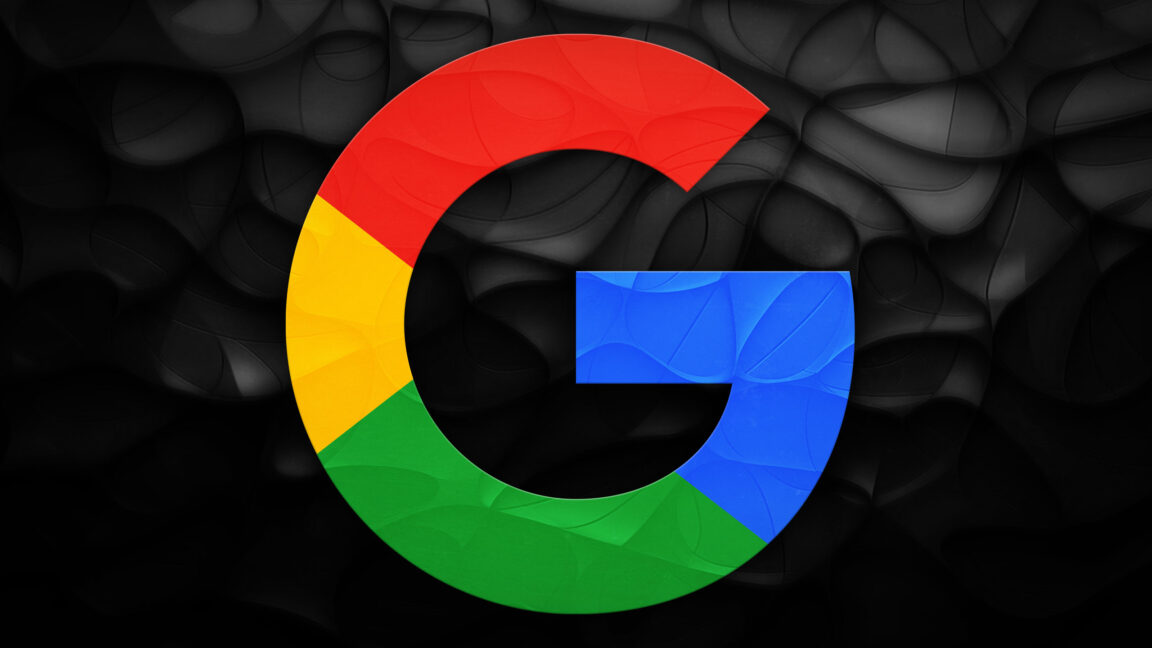Secret OpenAI Memo Describes Plans to Make Users Rely on "Entity"
An internal OpenAI document somehow ended up in the discovery process for an antitrust trial against Google — and the revelations about ChatGPT are quite freaky. As The Verge reports, the Justice Department's ongoing attempts to break up Google's alleged monopoly garnered an OpenAI memo detailing the latter company's plans to build out ChatGPT an integral part of users' lives — one that seeks to "understand" them and be their "interface to the internet." "In the first half of next year, we’ll start evolving ChatGPT into a super-assistant," the heavily-redacted document, which was dated at the end of 2024, reads. "One […]


An internal OpenAI document somehow ended up in the discovery process for an antitrust trial against Google — and the revelations about the company's plans for ChatGPT are illuminating and, depending on your point of view, disquieting.
As The Verge reports, the Justice Department's ongoing attempts to break up Google's alleged monopoly garnered an OpenAI memo detailing the latter company's plans to build out ChatGPT an integral part of users' lives — acting as an "entity" that would "understand" them and be their "interface to the internet."
"In the first half of next year, we’ll start evolving ChatGPT into a super-assistant," reads the heavily-redacted document, which was dated at the end of 2024. "One that knows you, understands what you care about, and helps with any task that a smart, trustworthy, emotionally intelligent person with a computer could do."
The first half of 2025, as referenced in the document, has mostly come and gone — and to be fair, it does seem like more and more people have begun to rely on ChatGPT.
Still, the product hasn't yet reached the capabilities the company's leadership is envisioning. The "super-assistant" would, as the memo explains, be an "intelligent entity with T-shaped skills," meaning that it can both go in-depth and broad.
"It's an entity because it's personalized to you and available anywhere you go — including chatgpt.com, our native apps, phone, email, or third-party surfaces like Siri," the memo continued. "It's T-shaped because it has broad skills for daily tasks that are tedious, and deep expertise for tasks that most people find impossible (starting with coding)."
Here's where the reliance part comes in. The ChatGPT-as-super-assistant entity would be, as OpenAI laid out in its memo, "all about making life easier" by doing online tasks that humans currently do themselves, such as "answering a question, finding a home, contacting a lawyer, joining a gym, planning vacations, buying gifts, managing calendars, keeping track of [to-dos], [and] sending emails."
To anyone who's aware of the actual limitations of AI, the concept of relying on ChatGPT or any other chatbot to execute tasks involving financial decisions currently remains far-fetched. Despite the many leaps ChatGPT has made in the two-plus years since it was launched, that chatbot and its competitors still cannot reliably tell time, and still have a major penchant for making stuff up or worse, getting high on its own supply of warped AI output.
As such, the memo sets up clear stakes: if it wants to succeed, OpenAI will need to either get ChatGPT to the point it's talking about — or at least convince users that its weaknesses are worthwhile for the sake of convenience.
More on OpenAI's big plans: You May Laugh When You Hear What OpenAI's Top Secret AI Gadget Allegedly Looks Like
The post Secret OpenAI Memo Describes Plans to Make Users Rely on "Entity" appeared first on Futurism.


